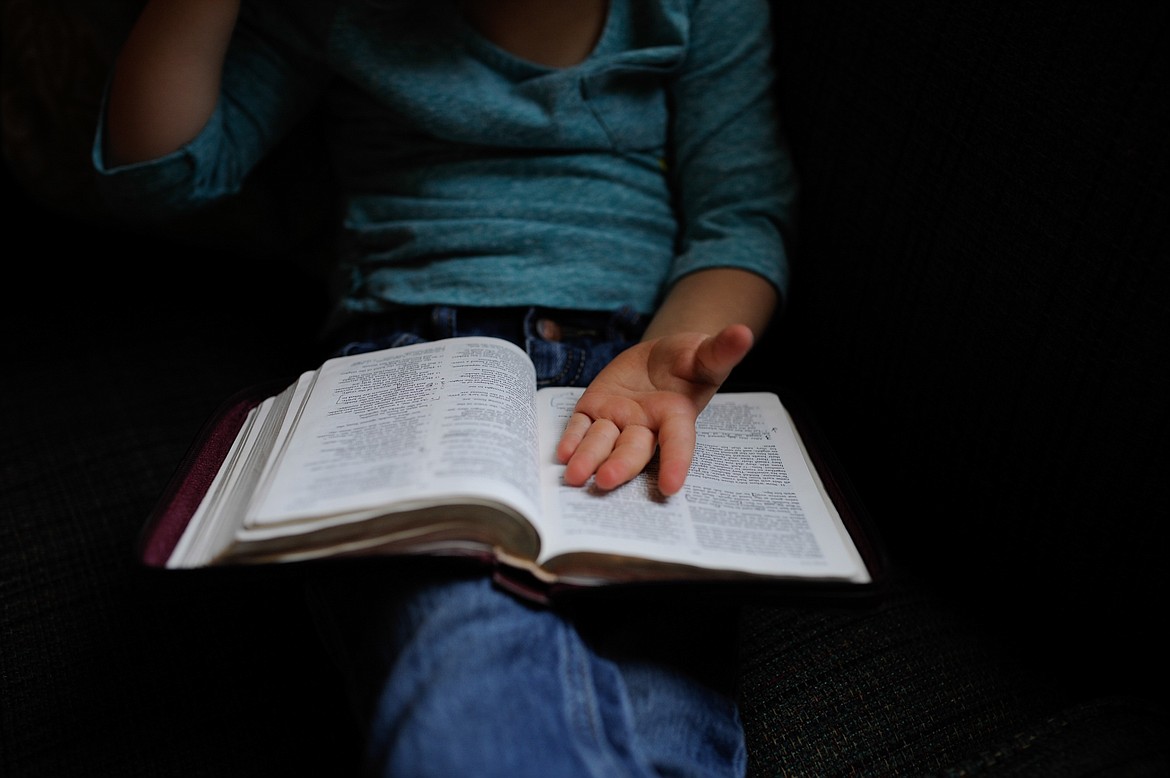Sinking, swimming or diving into mistakes
CAROL SHIRK KNAPP / Contributing Writer | Bonner County Daily Bee | UPDATED 1 year, 9 months AGO
When it comes to mistakes, do I hide them, try a cover-up, manipulate them, or own them?
This is unwittingly the subject for this week's column because the last I knew John Quincy Adams was not the son of James Madison. I had moved and subtracted lines in last week's column on interesting facts about our nation's Presidents — and failed to catch an obvious error in my editing.
Possibly some people did not notice. I could keep silent. Others did notice — like my sister-in-law, who emailed me. Again, do I explain — or assume the mistake will be soon forgotten, and move on?
Is redeeming myself an act of pride — as in, “I don't want people thinking I'm less than perfect.” Which is what I'm basically saying, without saying. Our 12-year-old grandson likes to toss out, “In my defense.” Or is it humility to admit an error, to say, “I wasn't paying close enough attention.” Or, “I was wrong.”
Mistakes are both shallow and deep dives. Some are merely careless, with little consequence. They are unintentional and mean no harm. Then there are thoughtless mistakes that end up causing a great deal of unplanned damage.
Others are intentional choices and decisions that may or may not have deep consequences. I like the quote, “You can choose to do as you wish, but you can't choose the consequences.” Those choices may be recognized at the time as a mistake — but I take the dive. Or only afterward — when I am living the consequences.
I just finished a reading group book, “Anxious People.” Near the close Fredrik Backman says, “… if our past was all that defined us, we'd never be able to put up with ourselves. We need to be allowed to convince ourselves, that we're more than the mistakes we made yesterday. That we are all of our next choices, too, all of our tomorrows.” This is assuming our next choices are better.
The Apostle Paul says it this way, “… forgetting what lies behind and reaching forward to what lies ahead, I press on toward the goal for the prize of the upward call of God in Christ Jesus.” In Him, there is no mistake that God will not forgive. But it must be acknowledged — and from that, a heart intent on not repeating it. And, let's face it, this often needs doing more than once over the same mistake.
At times a mistake can be the best thing that ever happened. It has been a source of great inventions and discoveries. It can create life learning that becomes my best friend. It leads to philanthropy — or valued relationships.
They are a bit of a fickle thing — mistakes. Shallow or deep — everybody dives into that water. What I do with my mistakes is the sink or swim question.

